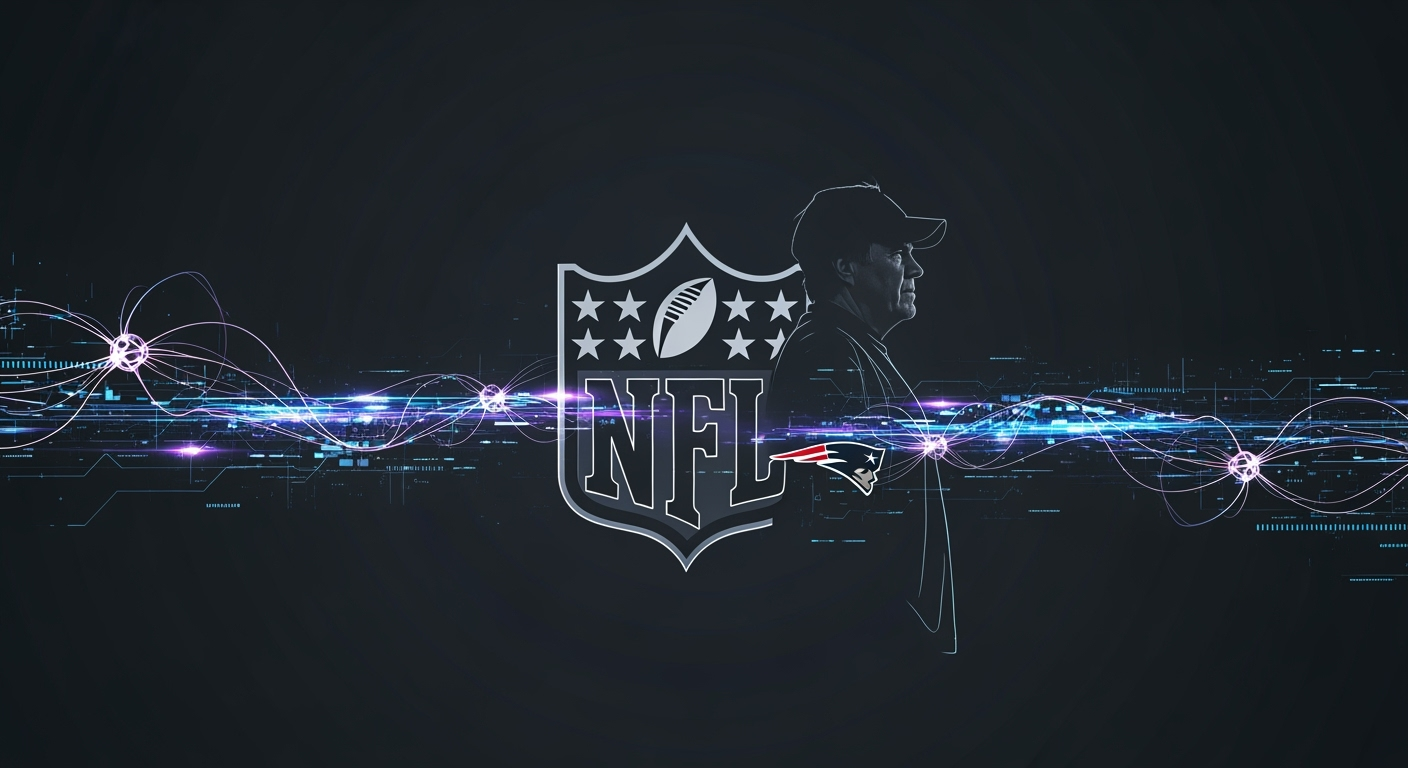Decoding AI Agents: Clarity Amidst the Hype
Decoding AI Agents: Clarity Amidst the Hype
The term "AI agent" is rapidly becoming one of the tech industry's favorite buzzwords, yet a clear, universally accepted definition remains elusive. This ambiguity extends even to those at the forefront of AI investment, including venture capitalists at Andreessen Horowitz (a16z), a firm renowned for backing major AI players.
The Billion-Dollar Question: What Exactly is an AI Agent?
It's a question that even seasoned professionals are grappling with. In a recent podcast episode titled “What Is an AI Agent?”, three a16z infrastructure investment partners—Guido Appenzeller, Matt Bornstein, and Yoko Li—embarked on a quest to define the term. This exploration comes from a firm that is reportedly seeking to raise a $20 billion megafund to further invest in the AI sector, highlighting their deep commitment to the technology. Back in September 2024, other a16z VCs stated on their corporate blog, “We believe every white-collar role will have an AI copilot. Some of these roles will be fully automated with AI agents.”
The challenge, as Appenzeller noted, is that a "continuum" of AI startups are now branding their products as agents. “The simplest thing that I’ve heard being called an agent is basically just a clever prompt on top of some kind of knowledge base,” he explained, referring to systems that might handle basic IT support by fetching pre-set responses.
Hype vs. Reality: The Human Replacement Narrative
Lately, the narrative has escalated, with some companies positioning AI agents as direct replacements for human workers. However, Appenzeller suggests that for an AI to truly achieve this, it would need to be "something close to AGI" (Artificial General Intelligence), possessing the ability to "persist over long periods of time” and “work independently on problems.” The consensus from both him and Li? Such advanced AI “doesn’t work yet.”
This sentiment is echoed in the practical experiences of those building these systems. Jaspar Carmichael-Jack, CEO of sales AI agent company Artisan, admitted that getting this nascent technology to work reliably has been a surprisingly difficult journey, despite his company's viral "stop hiring humans" ad campaign. The reality is, significant technical hurdles remain, including:
- Persistent Long-Term Memory: Enabling AI to remember past interactions accurately and contextually, a challenge highlighted by figures like Meta's Yann LeCun.
- Combating Hallucinations: Ensuring AI doesn't generate false or misleading information, a known issue even with advanced models.
No business wants an employee—artificial or human—that forgets crucial details or fabricates information.
A More Grounded Definition for Today's AI Agents
Despite the hype, the a16z team did arrive at a more concrete definition for what's currently achievable. Yoko Li described an AI agent as a reasoning, multi-step LLM (Large Language Model) with a dynamic decision tree. In simpler terms, this means an agent isn't just a bot executing a command. It must be capable of making decisions about a task and taking autonomous actions—like identifying prospects from a database, deciding who to email, and then drafting those emails, or even writing and implementing code.
The Future Role: Augmentation Over Outright Replacement?
So, will AI agents render human workers obsolete in the near future? The a16z VCs believe it's more likely that these agents will handle specific tasks, augmenting human capabilities and potentially boosting overall productivity. This could, paradoxically, lead to companies hiring more human workers, not fewer.
Matt Bornstein expressed skepticism about the notion of agents fully replacing humans, given the current state of the technology. He emphasized that many jobs require a level of human creativity and critical thinking that AI is far from replicating. "To replace humans with a bot, I’m just not sure that even is kind-of theoretically possible [right now]," he stated. Bornstein also pointed out that the pervasive "human replacement rhetoric" is often driven by marketing and business model considerations, contributing significantly to the current confusion.
A Call for Healthy Skepticism
The takeaway is clear: while AI agents hold immense promise, it's crucial to approach the boldest claims with a degree of skepticism. If those deeply immersed in the cutting edge of AI are urging caution, it’s a good indicator for the rest of us to temper expectations and focus on the real, evolving capabilities of this exciting technology.
References
- TechCrunch: Even a16z VCs say no one really knows what an AI agent is (Primary source for the discussion)
- a16z Podcast: What Is an AI Agent?
- Reuters: Andreessen Horowitz seeks to raise $20 billion megafund amid global interest in US AI
- a16z Blog: We believe every white-collar role will have an AI copilot...
- TechCrunch: Artisan, the ‘stop hiring humans’ AI agent startup, raises $25M (and is still hiring humans)
- TechCrunch: Meta’s Yann LeCun predicts a new AI architecture’s paradigm within 5 years and decade of robotics (Regarding long-term memory)
- TechCrunch: OpenAI’s new reasoning AI models hallucinate more (Regarding hallucinations)





